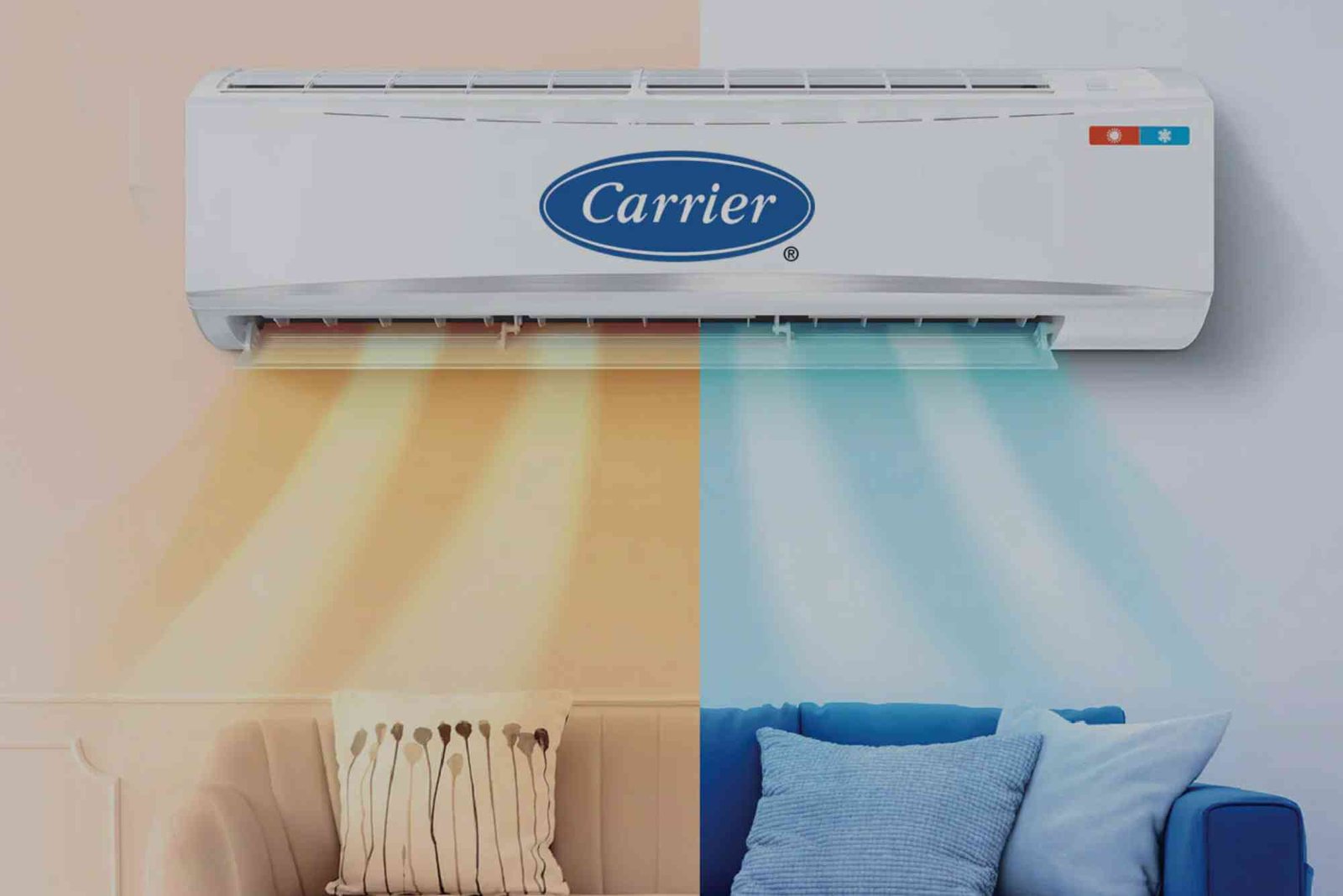One of the most significant decisions a car owner makes is determining the accurate value of their vehicle. Whether you’re planning to sell, trade, or simply want to know how much your car is worth, understanding how to value my car is crucial. The process is not just about looking up numbers but involves understanding various factors that contribute to the overall price. A well-valued car ensures you receive the best possible return and helps buyers feel confident in their purchase.
Knowing how to value my car can make all the difference in negotiations, either with a dealership or a private buyer. By doing proper research and evaluation, you’ll be in a stronger position to negotiate a fair price.
Factors Influencing Car Value

Several key factors come into play when determining the value of a car. Understanding these factors can significantly improve the accuracy of your valuation:
Age of the Vehicle: The age of the car is one of the first things potential buyers or evaluators consider. A newer model will generally command a higher price than an older one.
Condition of the Car: The physical condition of your car is crucial in determining its value. Regular maintenance, repairs, and keeping the car in good running condition contribute to its worth. If there are visible dents, scratches, or engine issues, these will negatively impact the value.
Mileage: Lower mileage cars often fetch a higher price. This is because a vehicle with lower miles is considered to have less wear and tear.
Brand and Model: Certain brands and models retain value better than others. Some vehicles, especially luxury or sports models, may hold their value over time, while others may depreciate faster.
Market Trends: Timing plays a significant role in the value of your car. Demand for specific vehicles can fluctuate based on fuel prices, economic conditions, and consumer preferences. Knowing the right time to sell can impact the final sale price.
Upgrades and Features: Additional features such as a sunroof, leather seats, advanced safety systems, or entertainment packages can increase a car’s value. Customizations and aftermarket upgrades may also enhance or diminish value depending on buyer preferences.
How to Accurately Value My Car
Accurate car valuation involves combining both data-driven insights and a practical understanding of the market. Here are some steps to ensure you achieve a fair price when figuring out how to value my car:
Research Current Market Value
The most straightforward way to start the valuation process is to research what similar cars are currently selling for in your area. Look up listings for cars that match your vehicle in terms of year, make, model, and condition. Comparing multiple sources will give you an idea of the range.
Online valuation tools are a great resource as well. Websites that specialize in car sales often have calculators that give you an estimate based on the information you provide about the vehicle. However, these tools may not always take into account specific regional differences or unique vehicle features.
Take a Professional Appraisal
For those who want a more precise estimate, having your car appraised by a professional is a good option. Many dealerships and independent appraisers offer this service. They will look over every detail of your car, from the engine to the interior, and assess its condition. This type of professional evaluation helps get a solid, unbiased value.
Understanding Value My Car Based on Condition
Condition plays a vital role when answering the question of how to value my car. The following conditions are often considered:
Excellent Condition: A car in excellent condition has minimal wear and tear and has been well-maintained over the years. No repairs are needed, and both the interior and exterior are in near-perfect shape.
Good Condition: A car in good condition may have some minor cosmetic defects but is mechanically sound. Regular maintenance has been performed, and any necessary repairs are up to date.
Fair Condition: Cars in fair condition often have noticeable wear and tear both externally and internally. They may need minor repairs, but they are still drivable and safe.
Poor Condition: A car in poor condition will require substantial repairs to be operational or visually appealing. These cars fetch the lowest prices in the market.
Maximizing Car Value Before Selling
If you want to get the most out of your car, certain actions can help improve its market value. From cosmetic repairs to mechanical maintenance, increasing your car’s appeal can lead to higher offers. Consider some of the following ways to enhance the value:
Fix Cosmetic Issues
Small scratches, dents, or chipped paint can significantly reduce the car’s perceived value. Fixing these small issues is relatively inexpensive compared to the impact they can have on potential buyers.
Provide Maintenance Records
Keeping and providing a record of all repairs and maintenance carried out on your car can boost its value. Buyers want reassurance that the car they are purchasing has been well cared for and won’t have hidden issues down the road. How to value my car is heavily impacted by trust in its condition.
Detailing the Car
Cleaning the interior and exterior of the car can drastically change a buyer’s first impression. Having the car professionally detailed makes it look new and shows that you’ve taken care of it, enhancing its value.
Timing the Sale
Market demand fluctuates, and timing your sale can mean a higher price. For instance, four-wheel-drive vehicles often sell for higher prices in the winter, whereas convertibles fetch premium prices during the warmer months. Stay informed on market trends to determine the best time to sell.
Why Accurate Valuation Matters
Accurately valuing your car is essential for several reasons. Whether you’re trading it in, selling it privately, or using it as collateral for a loan, knowing the right price will save you time and ensure that you get a fair deal. Overpricing your car may leave it unsold for a long time, while undervaluing it will result in a financial loss.
Moreover, potential buyers are more likely to trust someone who is knowledgeable about the car’s worth and has conducted proper research. With the internet making information readily available, buyers can quickly compare prices, meaning there’s no room for major discrepancies in asking prices.
Determining how to value my car is an essential skill for anyone looking to sell, trade, or even insure their vehicle. The key to achieving a fair valuation lies in understanding the various factors that contribute to your car’s worth. With the right approach, from research to professional appraisals and proper maintenance, you can ensure your car is valued at its best possible price.
Taking the time to assess the condition, mileage, market trends, and features of your car will not only help you get the best price but will also streamline the sales process, leading to smoother transactions.



